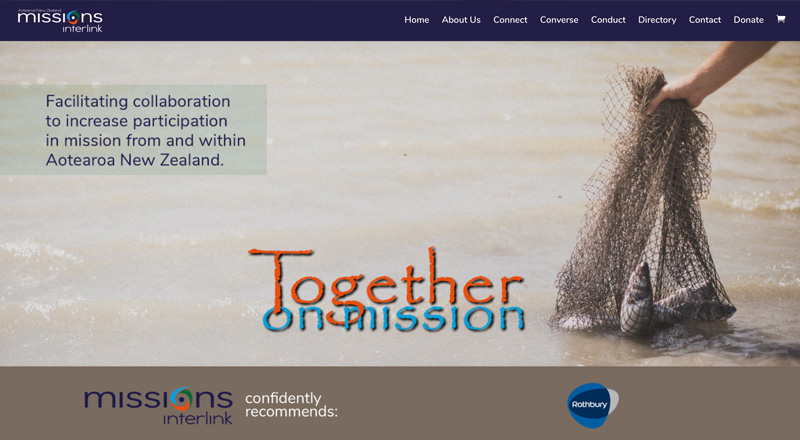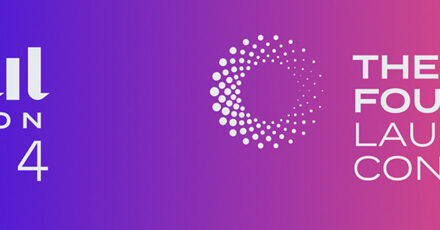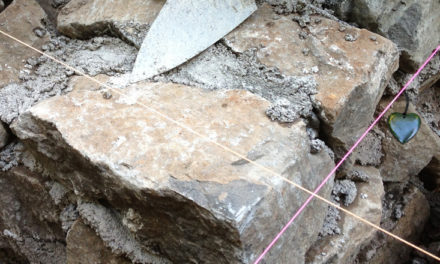Using Means
Tena tātou katoa e te iwi mīhana… (Greetings to all the people in mission)
This month’s whakatauki (proverb) is: “He iti te toki e rite ana ki te tangata.” (A small adze can do as much work as a person), which extols the virtues of tools that help accomplish tasks.
The mission endeavour has a long history of applying “means” to accomplish the task of global evangelisation and disciple making. The first part of the title of William Carey’s famous mobilisation booklet was, “An Enquiry Into The Obligations Of Christians To Use Means For The Conversion Of The Heathen…”
I don’t think there has ever been a time in the history of the world when more tools were available and accessible at such low cost to advance the gospel as we have today. I am, of course, referring to information technology. The tools may be there, but do we have sufficient expertise to use them well?
Missions have struggled to transition well into the digital realm
An adze is useless sitting by itself on a log, but in the right hands it can create a beautifully carved waka (canoe) capable of traversing the oceans of the world. With some notable exceptions, missions have struggled to transition well into the digital realm. Most forays into cyberspace are extensions of existing methods and means. A brochure becomes a website, a newsletter is created in Mailchimp, a missions course becomes an online learning experience. Same same, but different. What could mission look like in the mobile digital world if we were to ride the coattails of commerce as missions has done since Paul and the Roman roads? What should we learn from e-commerce?
I have no solutions, I turn 50 this year, so I’m a digital migrant, albeit an early one. We need to learn from the digital natives (late- 20’s and younger) around us who are skilled in the mysterious art of I.T. and invent new means. Until we can see through the cyber mists into the future a little more clearly we can still use I.T. tools better as means for mission.
This year the digital landscape will shift seismically again. More websites are now viewed on mobile devices than computers and online security is becoming mandatory. So Google is now prioritising “responsive” (i.e. mobile friendly) and SSL certified (i.e. https://) websites in their search engine. Non-compliant sites will eventually stop being indexed and eventually disappear from public view. From what I’ve seen, most of the missions who are members of Missions Interlink will be penalised by Google in this way because their sites will be considered ‘archaic’.
At the end of 2016 Missions Interlink sharpened its digital adze and our website has been completely refreshed to comply with the emerging realities. Go check it out, it’s designed to help you #stayonmission. 👊🏼
Ma te Atua e manaaki koutou (may you all experience the very best things from God),
Jay





